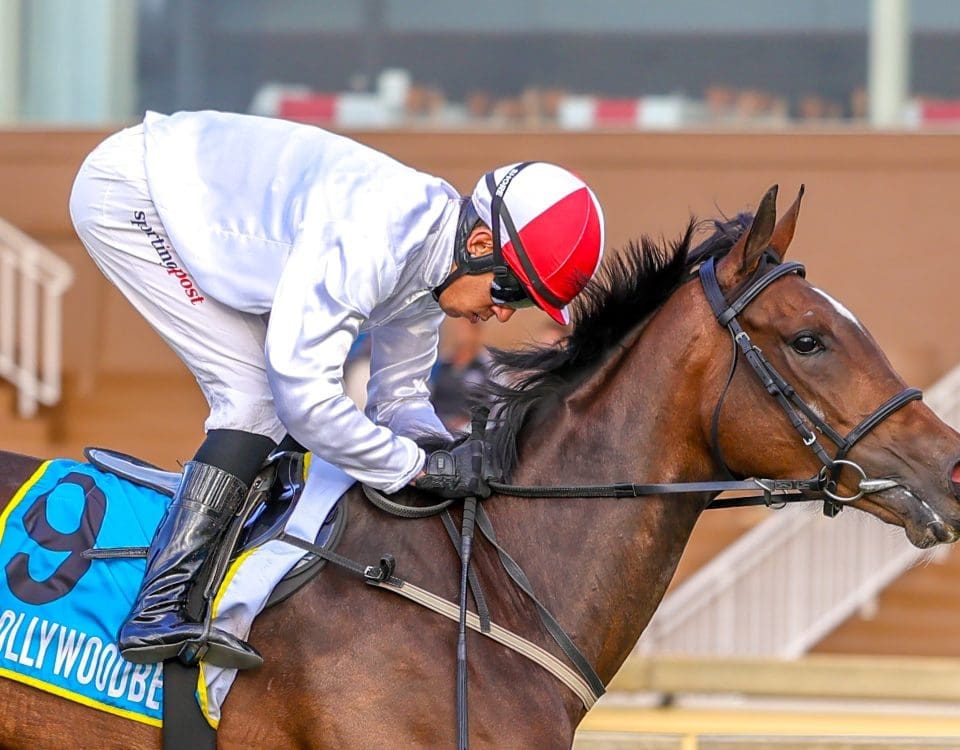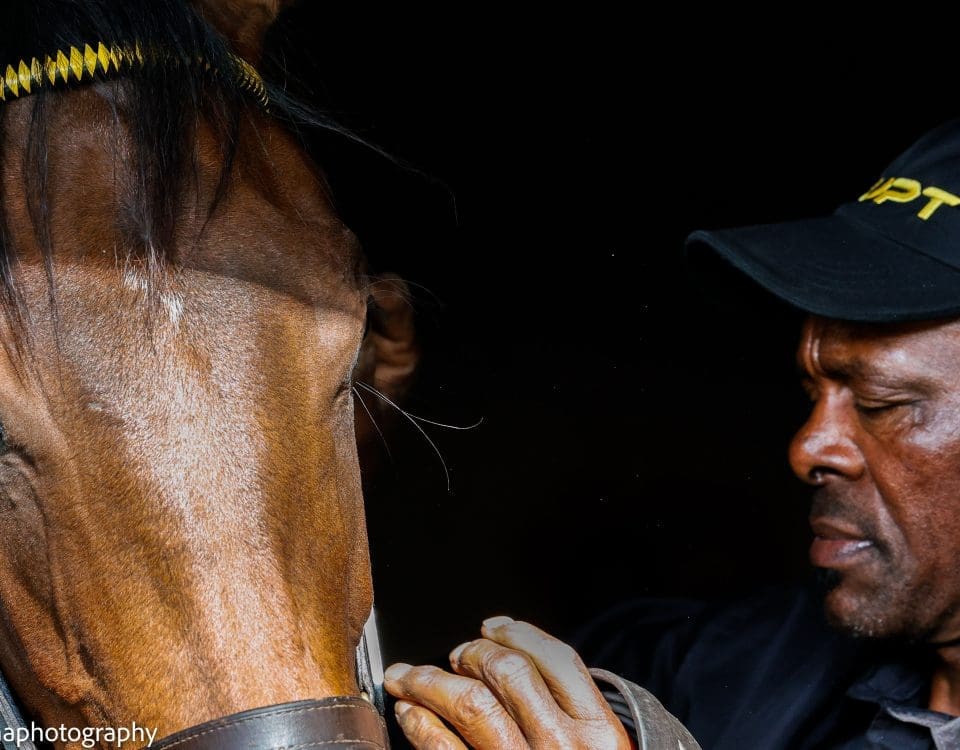The year 2020 was going to potentially be a groundbreaker in South African Thoroughbred history as an audit by the European Union on South Africa’s measures to prevent the export of African Horse Sickness had been scheduled for April.
Unfortunately, COVID-19 meant an automatic postponement of this audit.
However, Adrian Todd, MD of SA Equine Health & Protocols (SAHEP), said the Department of Trade and Industry (DTI) had a push for the audit on their agenda and he is hopeful it will still take place this year.
A successful audit will potentially open the way for a change to the stringent export protocols which effectively prevent direct travel to the European Union and to other racing countries around the world.
Todd has for a long time been supremely confident that SA will pass the audit.
The stringent quarantine protocols which must be undertaken by SA competition horses flying to overseas destinations is the bane of the SA thoroughbred industry as it discourages overseas trade on SA bloodstock which has proved to be outstanding value for money.
A positive change to the export protocols would provide a massive boost to SA’s ailing thoroughbred breeding industry as new overseas money will be injected.
Mike de Kock explained the current process which had to be undertaken to race a horse overseas in an article in 2014 written by Howard Wright:
“The horses go into quarantine towards the end of July and we do 21 days in Cape Town in what is known as a ‘free area’,” de Kock said. We then fly five hours to Mauritius and do another 90 days there, 50 of which are residency and the last 40 of which are under strict conditions where the horses are locked up in a barn two hours before sunset and come out two hours after sunrise. Then you can ship directly to the EU, where you have to do a 30-day residency if you want to come to Dubai, but it’s 60 days if you want to go to most other places.”
Meanwhile, one relatively recent measure put in place by SAHEP has improved the ability of trainers to travel horses around South Africa in the event of an AHS outbreak.
State veterinarians place an automatic forty day travel ban on horses who reside within a 30km radius of a confirmed AHS case. However, Highveld racehorses who are under this ban have the option to spend 14 days in a vector protected barn erected at Randjesfontein and as long as they comply with the regulations to the satisfaction of the state veterinarian they are then free to travel to Cape Town, for example, in a vector protected trailer and there would be no need for them to spend any further time under vector protection upon their arrival. The horses placed in this barn are allowed out between 9 a.m. and 3 p.m. to excercise.
-www.goldcircle.co.za




